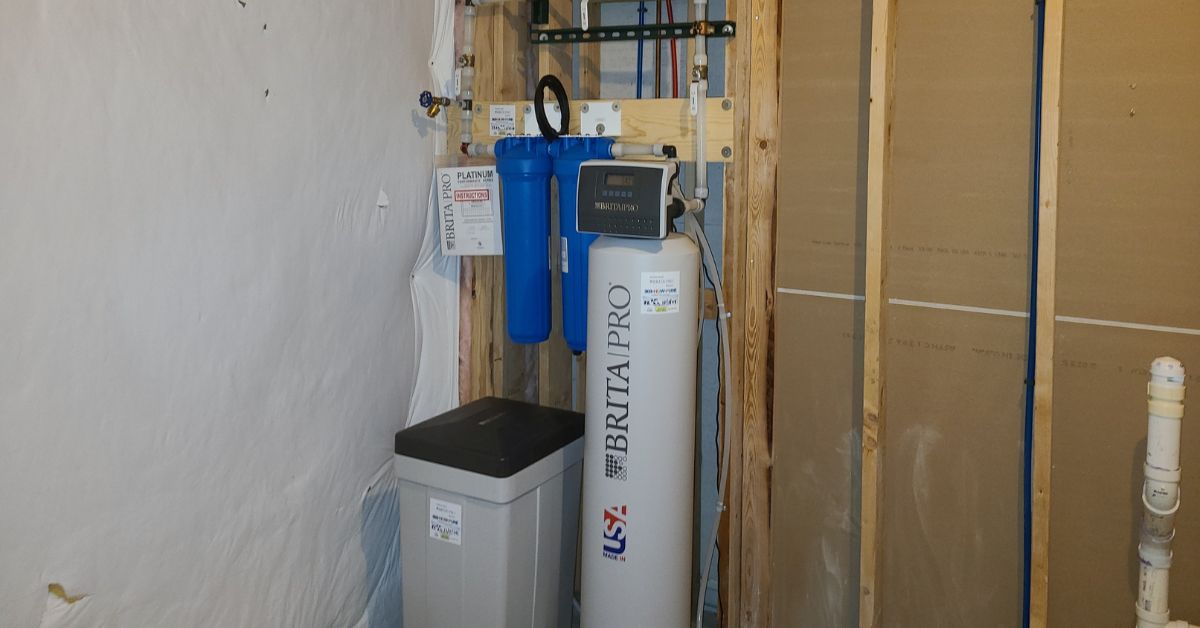Introduction
Are you tired of dealing with soap scum, dry skin, and scale buildup caused by hard water? A water softener could be the solution you’ve been looking for. With so many options on the market for your home, it might seem overwhelming. This guide will walk you through essential factors to consider, ensuring you find the perfect softener system for your needs.
Understanding How They Work
Water softeners use a process called ion exchange to remove minerals like calcium and magnesium—responsible for hard water—from your supply. Inside the softener, resin beads coated with sodium or potassium ions attract the calcium and magnesium ions from the water. This exchange process transforms hard water into soft, manageable water.
Key Factors to Consider When Choosing a Water Softener
1. Water Hardness Level
The hardness level of your water is the most crucial factor in determining the size of your water softener. Get your water tested to know your water’s hardness in grains per gallon (GPG) or parts per million (PPM). The higher the hardness, the larger the capacity needed.
2. Water Usage (Gallons Per Day)
Estimate how much water your household uses daily. Consider the number of people, water habits (like frequent laundry or long showers), and the number of bathrooms. You can find this information on your water bill or use an online water usage calculator.
3. Softener Capacity (Grains)
This refers to how much hardness a softener can remove between regenerations. To calculate the appropriate capacity, multiply your daily water usage by your water hardness level. For instance, if your household uses 300 gallons per day and has a hardness level of 15 GPG, you’ll need a softener capable of handling at least 31,500 grains (300 x 15 x 7 days).
Regeneration Type
Time-Based Regeneration
A time-based system regenerates on a set schedule, regardless of usage. While convenient, it’s generally less efficient.
Metered (Demand-Initiated) Regeneration
This type regenerates only when needed, based on actual water usage. It saves on salt and is more energy-efficient. Recommended!
Time-Based vs Metered Regeneration: Water Softener Efficiency
Rock Salt
The most affordable option but contains impurities that may clog the system.
Solar Salt
Made by evaporating seawater and cleaner than rock salt.
Evaporated Salt
The purest and most expensive choice, ideal for extending the life of your system. Recommended!
Bypass Valve: A Handy Feature
A bypass valve allows you to bypass the water softener when watering the lawn or for other situations where softened water isn’t necessary. This can save on salt and maintenance.
Size and Space Requirements
Make sure you have enough space in your home for the water softener. Whether you plan to install it in the basement, utility room, or garage, ensure the system fits comfortably.
Budget
Water softeners vary in price, so it’s important to set a budget. Consider not only the initial purchase price but also long-term costs like salt and maintenance.
Warranty
Check the manufacturer’s warranty for both parts and labor. A longer warranty offers peace of mind and protects your investment.
Brand Reputation
Research different brands to assess their reliability and customer satisfaction. Reading reviews can provide valuable insight into the performance of various water softener models.
Types of Water Softeners
Water softeners come in various styles, including:
Single-Tank Softeners
These are the most common and typically work well for smaller households.
Dual-Tank Softeners
These offer continuous soft water, even during regeneration, making them ideal for larger households or those with high water usage.
Getting Professional Advice
Choosing the right water softener can be tricky, which is why consulting with a professional can help you make the best decision. A qualified expert can test your water, assess your needs, and recommend the perfect system. Plus, they’ll handle installation and future maintenance, ensuring your system runs smoothly for years to come.
For more details on water softeners and expert installation, visit AquaServe today!
- Explore our Water Testing Services to find out your water hardness level.
External Links:
- Learn more about water hardness and its impact on your home at EPA’s Guide to Hard Water.
- For additional information on the ion exchange process, check out this Science of Water Softeners.


